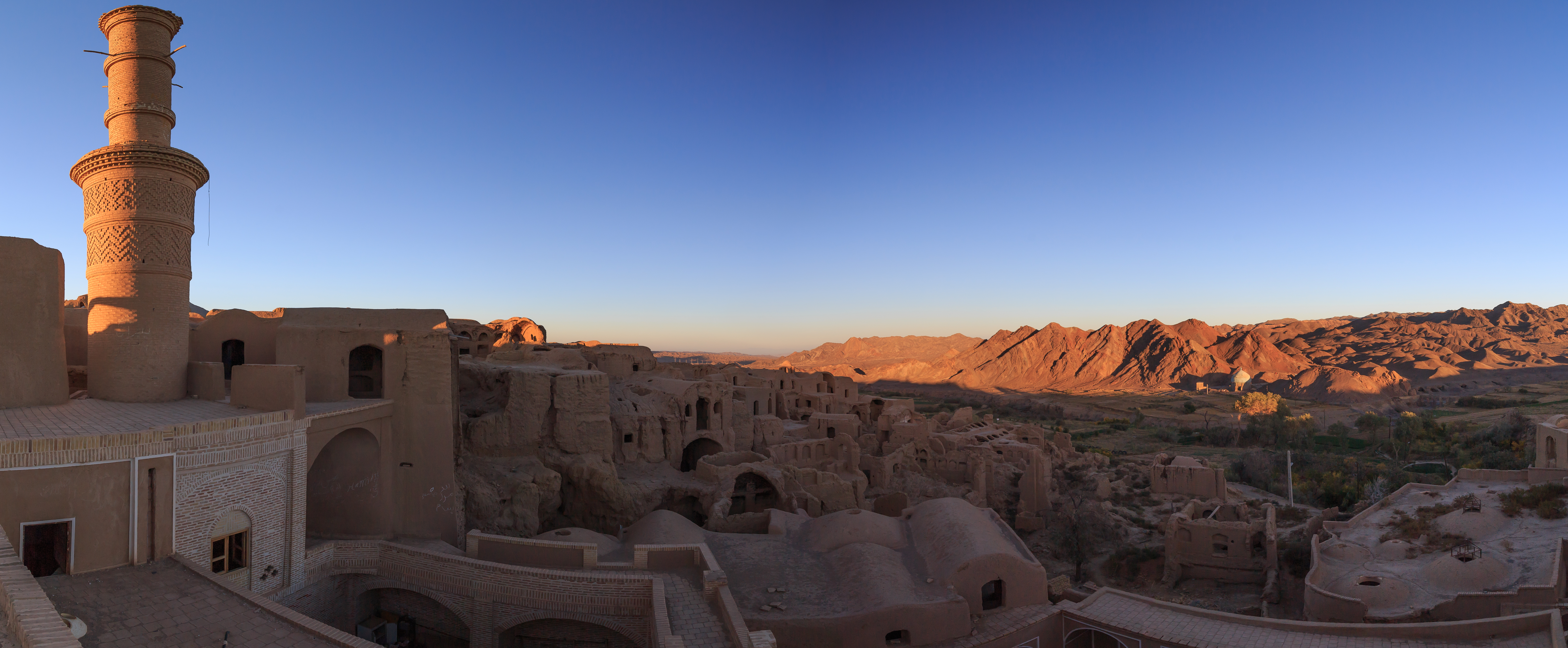Fraunhofer UMSICHT modernizes Iranian waste management with German partner consortium
For almost four decades, economic relations with Iran were limited and later even interrupted. Following the relaxation of economic sanctions, German companies are now hoping for successful partnerships. The international sanctions have caused a high investment backlog in the Iranian economy. Especially in the field of waste management, there is a considerable need for development and investment.
The waste situation in Iran is currently as follows: only just under 6% of municipal waste is recycled, around 10% is composted and over 80% is disposed of in unsealed landfills. For hazardous waste, there is only a small, unsealed landfill. With the opening of the Iranian economy and an expected economic upswing, the waste management bottlenecks will increase in the future if the country does not succeed in creating an adequate infrastructure. In addition, the establishment of a structured waste management system always offers the opportunity to establish a sustainable and innovative economic sector that also has a positive influence on other economic sectors (mechanical and plant engineering, construction, etc.).
The aim of the project is to improve waste systems.
Against this background, the Federal Environment Ministry is funding a project to develop a regionally specific waste management plan as part of the »Export Initiative for Green and Sustainable (Environmental) Infrastructure« support programme. The aim of the project is to improve waste management systems and open up markets in Iran for German small and medium-sized enterprises (SMEs). The focus here is on targeted exchange and cooperation between German SMEs in the environmental technology sector and Iranian authorities and business representatives.
The project consortium, consisting of the partners adelphi research gGmbH, BlackForest Solutions GmbH, the Chair of Waste and Material Flow Management at the University of Rostock and Fraunhofer UMSICHT in Sulzbach-Rosenberg, is developing a regionally specific waste management master plan for the construction of integrated waste utilisation plants for settlement and special cases. Based on the analysis of a geographically limited region, recommendations for the development of the entire Iranian waste management in the area of municipal and hazardous waste are to be drawn up in a policy brief.
Last modified:
